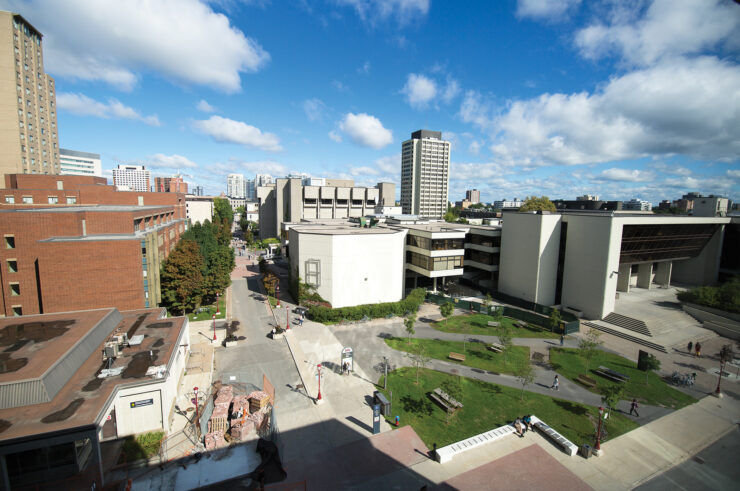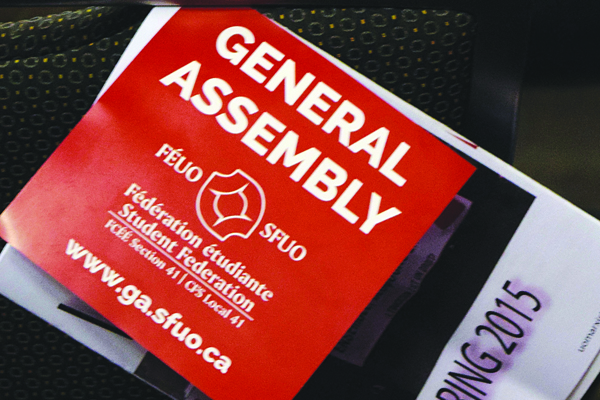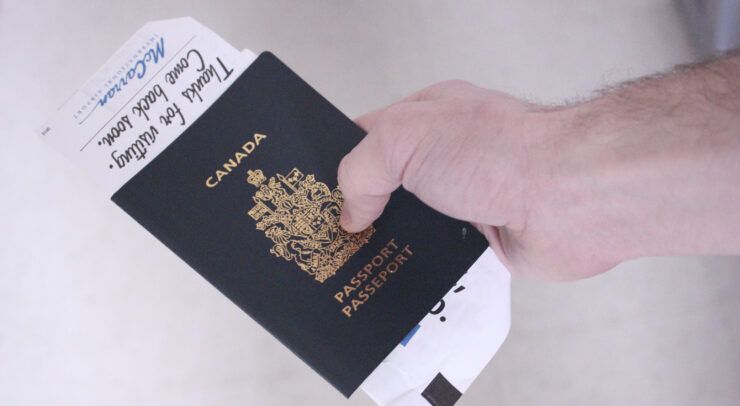Substantially increasing the number of faculty directors will give more representation
Imagine a seat on the Student Federation of the University of Ottawa’s (SFUO) Board of Administration (BOA) that’s just for international students. This is what SFUO president Roméo Ahimakin is proposing. At first glance it seems like a good idea, but there’s an issue.
The fact is, international students are already represented on the BOA—the faculty directors represent everyone in their faculty, including international students. What makes international students inherently more worthy of extra representation than any other group of students? After all, they aren’t the only group of students that have unique circumstances—like Indigenous students, for instance. Granting international students this extra representation without granting extra representation to any other group smacks of favouritism.
That said, there is a very good argument for ensuring international students and other groups get a voice on the BOA, but it needs to come as part of a wider reform package. It’s an open secret that the SFUO is completely disconnected from the student population and that radical reform is needed, and that reform needs to start at the top.
The obvious place to start reform is by adding extra faculty seats. For a federation of over 40,000 students, the 25 faculty seats on the BOA gives students a representation of roughly 1,400 students per representative. At Carleton, it’s about 1,000 students per rep. At McMaster it’s about 800. Adding 10 extra faculty seats to the BOA would bring down our ratio to about 1,000 students per rep. Not only would this give students more representation, but it would also provide students with more chances to get involved.
On top of that, it would be worth looking into adding a number of extra roles. For instance, there could be a few community reps dedicated to representing certain unique communities such as Indigenous students, students with disabilities, and international students. One particularly interesting idea, sometimes seen in the United Kingdom, is the idea of casual seats—having a few seats on the council that are open to any random student. Usually those seats are allocated either through a first-come-first-serve basis or through a lottery.
The obvious retort to adding more seats is to say that it’s impractical, but the fact of the matter is that the SFUO has quite a small student council already. Many student councils across the world work better than ours and are much larger, some having over 60 members.
BOA reform shouldn’t just stop at its composition—there are plenty of other elements of the board that need reforming. And while BOA reform should happen, let’s make sure we’re looking at the full picture first.





